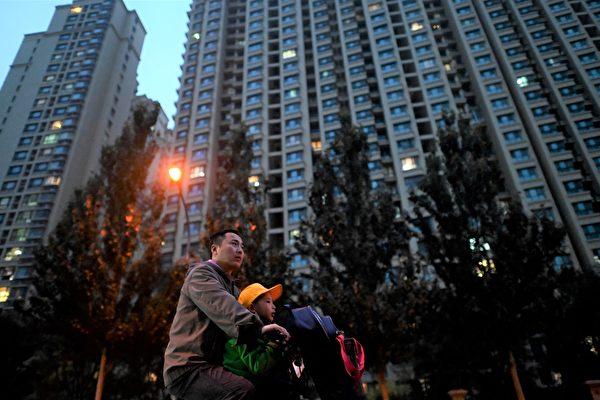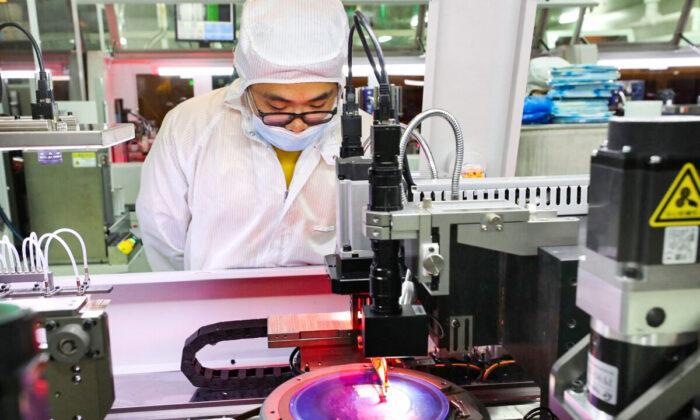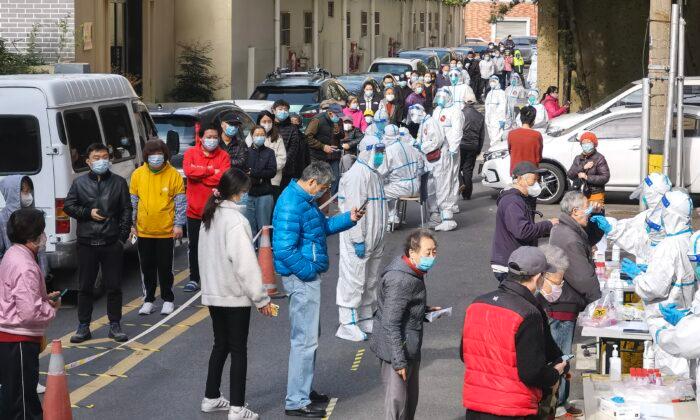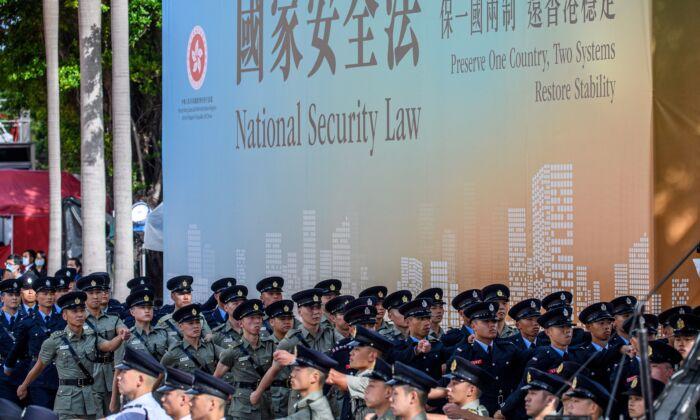China’s local government revenues and overall economy are dependent on the strength of the housing and commercial real estate sectors. Their combined revenues account for 25 percent of China’s GDP. Efforts to stimulate these sectors over the past decade were successful in attracting foreign investors and fueling the growth of developers. But recent data shows that China’s real estate market is trending downward, and is sparking fears of a recession this year.
Commercial housing, which emerged in China in the 1980s, refers to residential, commercial, and other properties built by real estate developers with the approved land use rights for 40, 50, or 70 years by government agencies. The buildings are sold or rented in the market after completion.
In addition, China’s investment in real estate development grew by only 0.7 percent in the first quarter, a 25 percent drop year-on-year. The investment funds in place for real-estate developers fell 20 percent year on year.
Over 70 Chinese cities have begun efforts to rekindle property sales and protect their tax revenue base. To incentivize buyers, governments in these cities have been relaxing their purchase and sales policies since the end of last year. This includes offering home buyer subsidies, lowering mortgage rates, reducing down payment ratios, and others.
In a post on Weibo, Chinese economist Ren Zeping said China’s real estate market hit a new 20-year low, passing the slump of 2008 and creating a liquidity crisis for real estate developers. Statistics showed over 70 percent of China’s top 50 private developers were experiencing severe cash flow constraints and some were even defaulting on their debts. Ren predicts that after 3 months, only a few of China’s developers will escape the coming debt crisis.
Among the first major developers to feel the sting of China’s real estate bubble burst was Evergrande, followed by Fancy Year and Jia Zhaoye. Thereafter, a tidal wave of 58 real estate companies reported losses ranging up to 50 percent or more, with steadily rising debt defaults.
China’s recession fears are not limited to real estate and are unlikely to end anytime soon. Henry Wu, a Taiwanese political and economic analyst shared his observations with the Epoch Times. He said China’s bleak outlook was causing a loss of confidence among foreign and domestic investors and a massive outflow of capital that could have been used to help the struggling real estate sector.
Wu said his observations regarding China’s economic woes were influenced by the costly U.S.-China trade war, the Chinese Communist Party’s changing and uncertain economic policies, plus the regime’s crackdown on tech giants like DDT and Alibaba.





